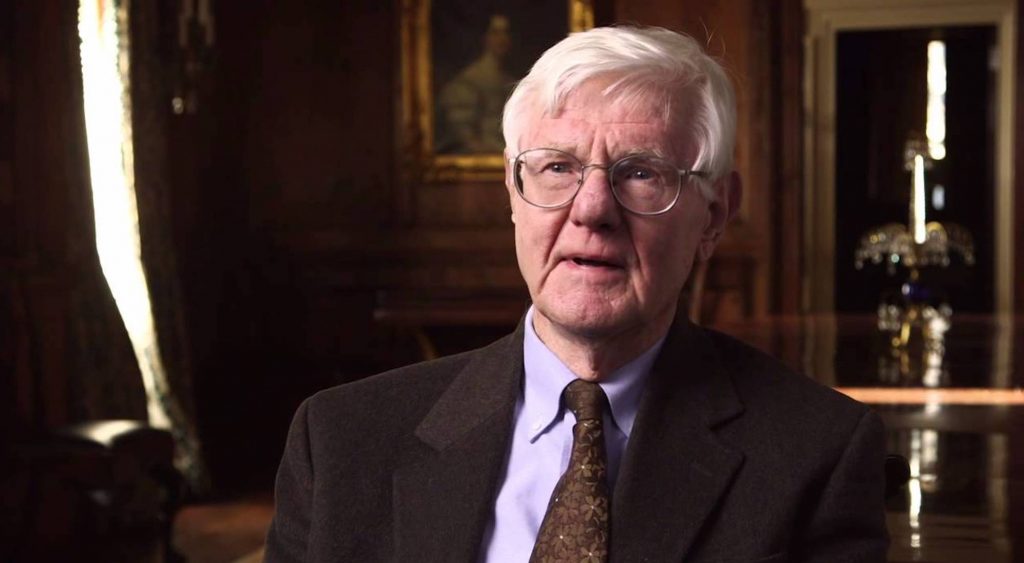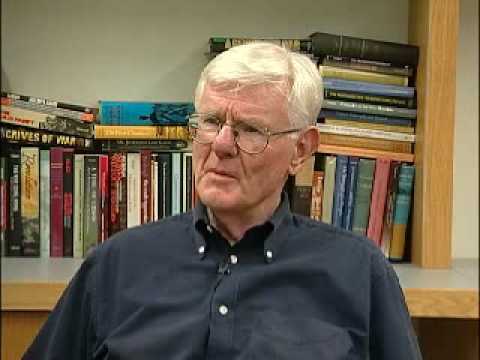
In 2011 he was awarded a National Humanities Medal by President Obama and the Churchill Bell by Colonial Williamsburg, In 2011 he also received the Arthur M.

His volume in the Oxford History of the United States, Empire of Liberty: A History of the Early Republic, 1789-1815 (2009) was given the Association of American Publishers Award for History and Biography in 2009, the American History Book Prize by the New York Historical Society for 2010, and the Society of the Cincinnati History Prize in 2010. The Purpose of the Past: Reflections on the Uses of History was published in 2008.

Revolutionary Characters: What Made the Founders Different was published in 2006. The Americanization of Benjamin Franklin (2004) was awarded the Julia Ward Howe Prize by the Boston Authors Club in 2005. Dunning Prize in 1970, and The Radicalism of the American Revolution (1992), which won the Pulitzer Prize for History and the Ralph Waldo Emerson Prize in 1993. He is the author of the Creation of the American Republic, 1776-1787 (1969), which won the Bancroft Prize and the John H. He taught at Harvard University and the University of Michigan before joining the faculty at Brown in 1969. degree from Tufts University and his Ph.D. Way University Professor and Professor of History Emeritus at Brown University. Empire of Liberty is number IV in The Oxford History of the United States.Gordon S. Please note: The individual volumes of the series have not been published in historical order. Three of the titles have won the Pulitzer Prize for history two have been Pulitzer Prize finalists, and all of them have enjoyed critical and commercial success. The Oxford History of the United States is considered the gold standard for serious historians and general readers (and listeners) alike.


Named a New York Times Notable Book, Empire of Liberty, part of The Oxford History of the United States series, offers a marvelous account of this pivotal era when America took its first unsteady steps as a new and rapidly expanding nation. Instead, by 1815 the United States became something neither group anticipated. Some wanted the United States to become a great fiscal-military state, like those of Britain and France others wanted the country to remain a rural agricultural state very different from the European states. They hated political parties but parties nonetheless emerged. The men who founded the new government had high hopes for the future, but few of their hopes and dreams worked out quite as they expected. Wood, offers a brilliant account of the early American Republic, ranging from 1789 and the beginning of the national government to the end of the War of 1812.Īs Wood reveals, the period was marked by tumultuous change in all aspects of American life - in politics, society, economy, and culture. In Empire of Liberty, one of America's most esteemed historians, Gordon S.


 0 kommentar(er)
0 kommentar(er)
